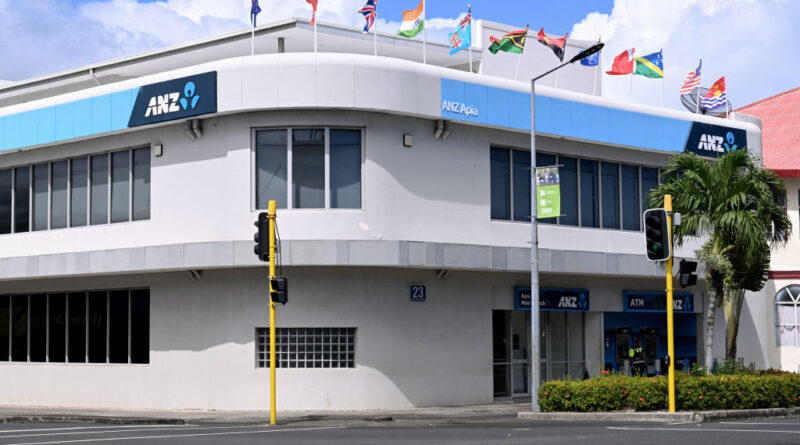The Latest Battlefield in the Pacific: Banking and Labour in Australia
With Beijing expanding its influence in the Pacific, Australia is prioritizing essential needs like banking and labor mobility.
The withdrawal of major banks from Pacific countries presents significant socio-economic risks to the region and inconveniences individual customers. To address this, Australia, along with the United States and New Zealand, is stepping in to provide assistance as part of their ongoing efforts to gain the loyalty of island states.
Australia is also enhancing a labor mobility program as part of its strategy to counteract Beijing’s growing influence.
Last year, Australian Prime Minister Anthony Albanese and U.S. President Joe Biden announced the establishment of the Pacific Banking Forum due to concerns about the decline of correspondent banking relationships in the region.
Correspondent banks offer banking services to financial institutions in other countries. For example, if someone in Samoa needs to send money to Australia where their local bank doesn’t operate, an Australian bank will facilitate the transaction on behalf of the Samoan bank.
This type of partnership between financial institutions has decreased in the past decade, especially in the Pacific. Between 2011 and 2022, the region lost approximately 60 percent of its correspondent relationships.
This decline not only impacts international trade by making foreign payments challenging but also affects individuals in Pacific communities who rely on money sent home by family members working overseas.
In 2022, such transfers accounted for 44 percent of Tonga’s GDP, 34 percent of Samoa’s, and 15 percent of Vanuatu’s.
Factors such as vast distances, small populations, and challenges in keeping up with different laws and risks influence banks’ decisions on whether to maintain services in the Pacific region.
…



